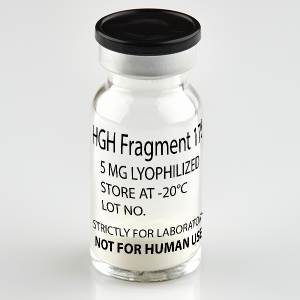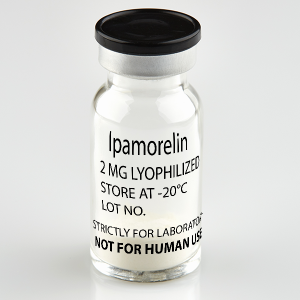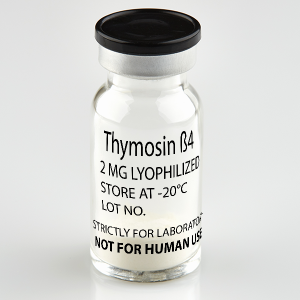Peptide Blog
Fragment 176-191 is a small piece of human growth hormone that is sometimes referred to as the “lipolytic fragment.” Fragment 176-191 earned this latter name due to the fact that laboratory research has shown it to enhance fat burning, particularly in mice genetically engineered to produce large fat stores. Fragment 176-191 has been heavily researched in animal models because even while it preserves the fat-burning effects of hGH, it avoids some other effects of its parent protein such as increasing insulin-like growth factor-1 (IGF-1) levels, negatively impacting carbohydrate metabolism, altering insulin sensitivity, increasing long bone growth, and so forth. The targeted effects of fragment 176-191 make it useful for exploring human fat metabolism and may eventually provide the basis for developing anti-obesity medications.
AOD9604 is a modified version of fragment 176-191, which is itself a smaller, modified piece of human growth hormone. AOD9604 was originally developed as an anti-obesity drug due to its lipolytic (fat burning) properties. This peptide is valued for the fact that it has limited effects beyond fat burning. It does not appear to affect IGF-1 levels or insulin levels and therefore is not a risk factor in promoting glucose intolerance or diabetes[1]. There is also no evidence that the body forms antibodies against AOD9604 as it is similar enough in structure to HGH to avoid stimulating an immune system response[2].





